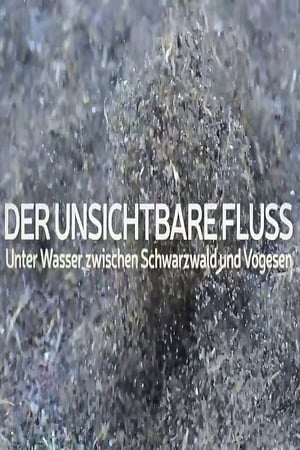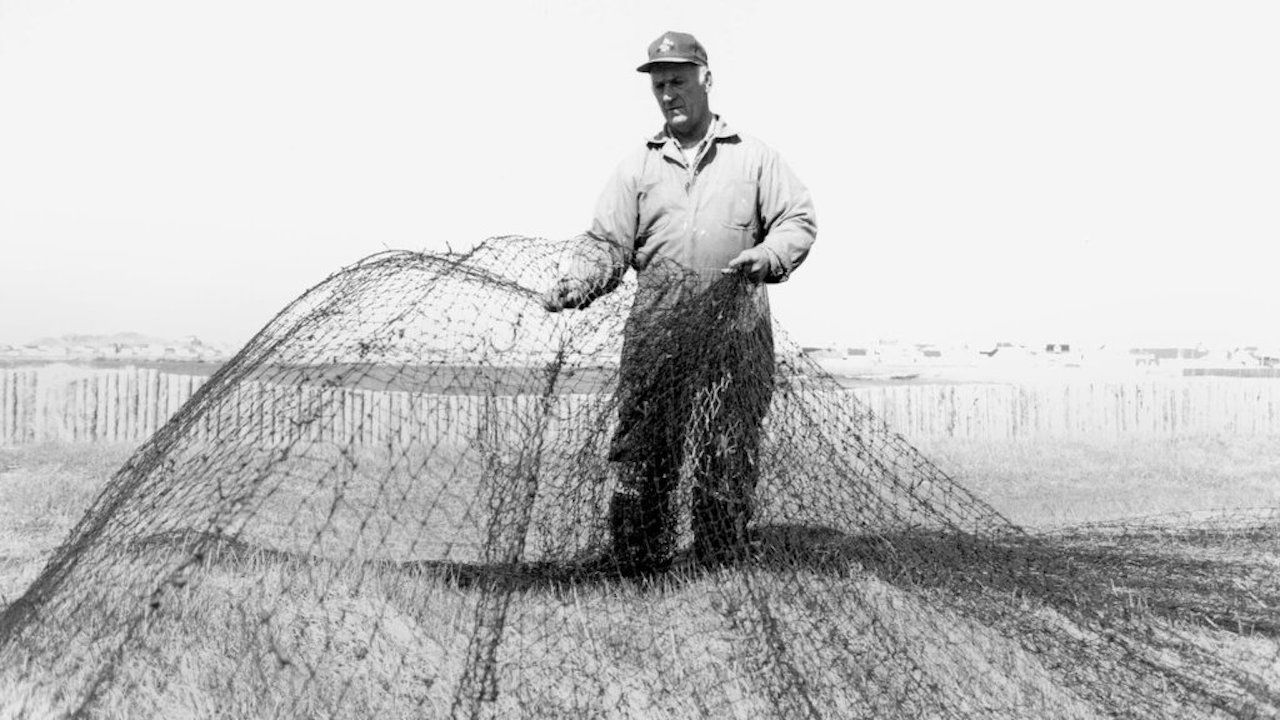
Taking Stock(1994)
It was a way of life. It was the backbone of a society. And then the cod fishery off the east coast of Newfoundland collapsed. Taking Stock traces the history leading up to the crisis and the calling for a moratorium of the northwest Atlantic cod fishery. It presents the key players in this complex and tragic story, focusing on those who are now trying to come to grips with an uncertain future. How did the calamity happen? What signals did we ignore? Did we chose the right model in setting up an industry? Ultimately, Taking Stock holds a message for the Canadian as well as the global community: In trying to attain economic success, we must recognize that there are limits to how far we can exploit nature's delicate ecosystems.

Movie: Taking Stock
Top 1 Billed Cast
Narrator (voice)
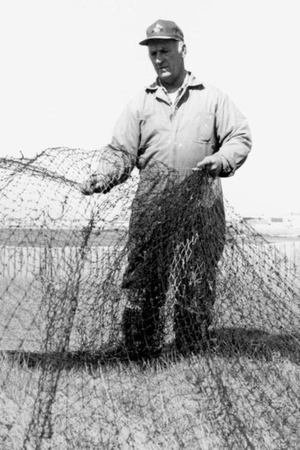
Taking Stock
HomePage
Overview
It was a way of life. It was the backbone of a society. And then the cod fishery off the east coast of Newfoundland collapsed. Taking Stock traces the history leading up to the crisis and the calling for a moratorium of the northwest Atlantic cod fishery. It presents the key players in this complex and tragic story, focusing on those who are now trying to come to grips with an uncertain future. How did the calamity happen? What signals did we ignore? Did we chose the right model in setting up an industry? Ultimately, Taking Stock holds a message for the Canadian as well as the global community: In trying to attain economic success, we must recognize that there are limits to how far we can exploit nature's delicate ecosystems.
Release Date
1994-01-01
Average
0
Rating:
0.0 startsTagline
Genres
Languages:
EnglishKeywords
Similar Movies
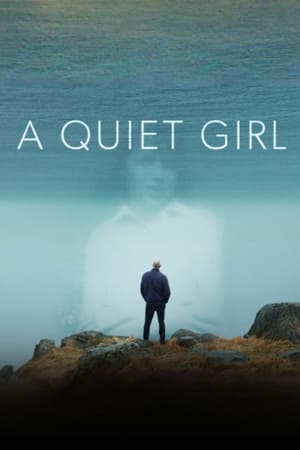 0.0
0.0A Quiet Girl(en)
Adopted Montreal filmmaker Adrian Wills discovers, on camera and in real time, the startling truths of his complex beginnings in Newfoundland. Shocking details drive Wills to the core of his birth mother’s resilience, and ultimately his own. In this moving feature documentary that combines 16mm footage and contemporary images with deeply personal conversations, Wills’ voyage transforms from an urgent search for identity into a quest to give a quiet girl her voice.
 0.0
0.0zyabliko:vo(ru)
A walk around Zyablikovo — one of the most mysterious districts of one of the most mysterious cities (Moscow:2024).
 6.0
6.0OceanWorld 3D(en)
A 3-D documentary chronicling a sea turtle's journey across the oceans.
 0.0
0.0River of Gold(en)
Narrated by Academy Award winners Sissy Spacek and Herbie Hancock, River of Gold is the disturbing account of a clandestine journey into Peru's Amazon rainforest to uncover the savage unraveling of pristine jungle. What will be the fate of this critical region of priceless biodiversity as these extraordinarily beautiful forests are turned into a hellish wasteland?
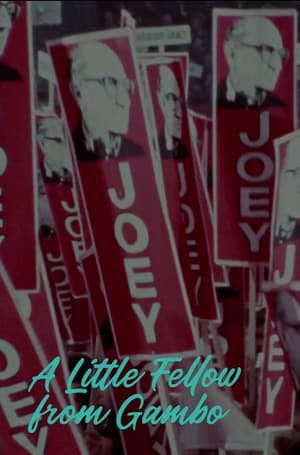 0.0
0.0A Little Fellow from Gambo: The Joey Smallwood Story(en)
This feature-length documentary paints a lively portrait of Father of Confederation and first premier of Newfoundland Joseph Roberts Smallwood, or "Joey," as he is known to most Canadians. Following one of Canada’s most colourful political figures during a two-and-a-half-month period that included a stormy Liberal leadership convention, the film reveals a man misunderstood even by his close associates.
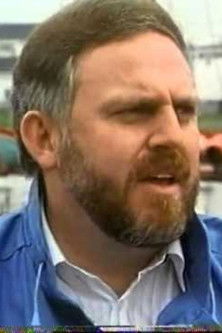 0.0
0.0A Passage from Burnt Islands(en)
In his crusade for literacy, principal Ray Brown enlisted the help of the community and broke through the cycle of illiteracy in a small Newfoundland fishing village. He turned the struggling elementary school into a place where students were eager to learn and instilled in parents a sense of hope for their children's future.
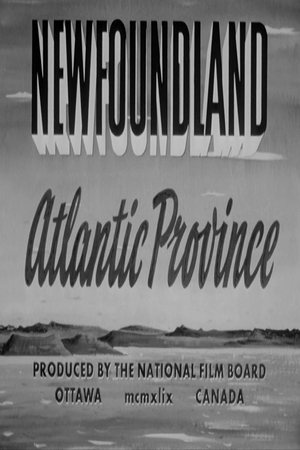 0.0
0.0Newfoundland: Atlantic Province(en)
With simple ceremony on Parliament Hill, Ottawa, Newfoundlanders are welcomed as fellow-Canadians. Prime Minister St. Laurent starting off the carving of Newfoundland's coat of arms in the tenth and formerly blank shield over the entrance to the Parliament Buildings, writing in stone another chapter of Confederation. So begins this survey of Canada's tenth province, Newfoundland, its resources and how its people live. The film takes us to St. John's, Corner Brook, Bell Island, and includes a visit to Labrador where we see the giant airport at Gander.
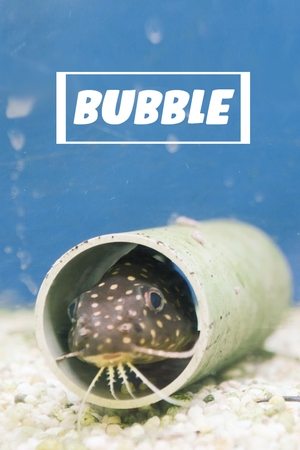 0.0
0.0Bubble(en)
A tropical fish shop in the East End of London, the last of what used to be many. Tiny, watery dramas inside fish tanks accompany the thoughts of local fish-keepers, while father and son Big Tel and Little Tel work to keep the shop alive.
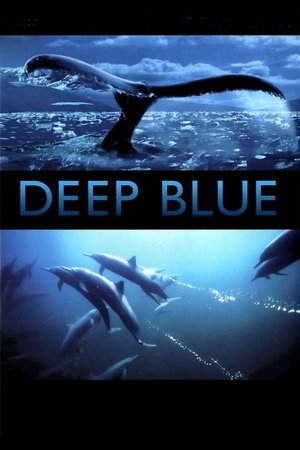 6.8
6.8Deep Blue(en)
Deep Blue is a major documentary feature film shot by the BBC Natural History Unit. An epic cinematic rollercoaster ride for all ages, Deep Blue uses amazing footage to tell us the story of our oceans and the life they support.
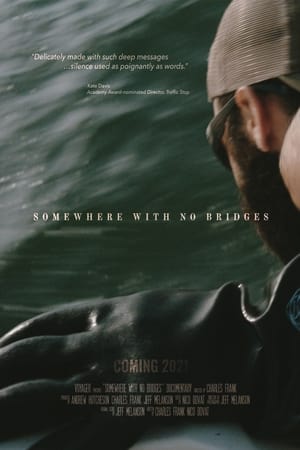 0.0
0.0Somewhere With No Bridges(en)
Twenty years after a beloved local fisherman, Richie Madeiras, goes missing off the shores of Martha's Vineyard, a distant cousin locates Richie's kind, indelible spirit in the stories of family, friends, and the sweeping sea which has defined their lives. A stirring, lyrical journey beneath the brusque, reticent surface of a New England fishing community.
 6.5
6.5Is the Crown at war with us?(en)
In the summer of 2000, federal fishery officers appeared to wage war on the Mi'gmaq fishermen of Burnt Church, New Brunswick. Why would officials of the Canadian government attack citizens for exercising rights that had been affirmed by the highest court in the land? Alanis Obomsawin casts her nets into history to provide a context for the events on Miramichi Bay.
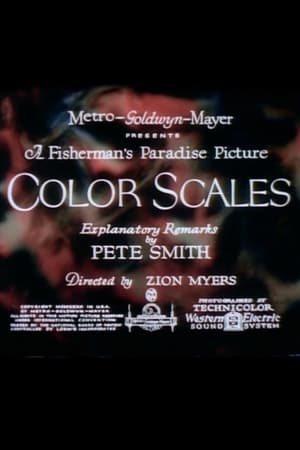 6.0
6.0Color Scales(en)
This humorous short film shows various species of tropical fish at the Steinhart Aquarium in San Francisco, California.
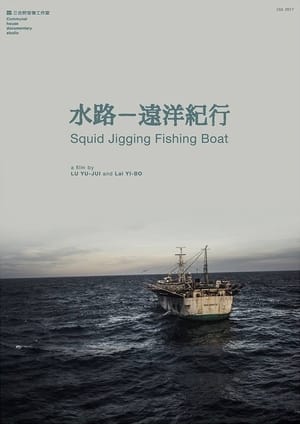 0.0
0.0Squid Jigging Fishing Boat(zh)
Every December to January, almost a hundred squid fishing boats from Ch'ien-chen Fishing Harbor in Kaohsiung will sail from East 120 to West 60 to work at Falkland Islands in the South West Atlantic. The sailing takes 35-40 days and crew members named it "waterway." January 1st, 2015, a 65 meter long, 11 meter wide fishing boat began its journey to Falkland island. This is a documentary about 60 crew members from south-east Asia to work far away from Taiwan.
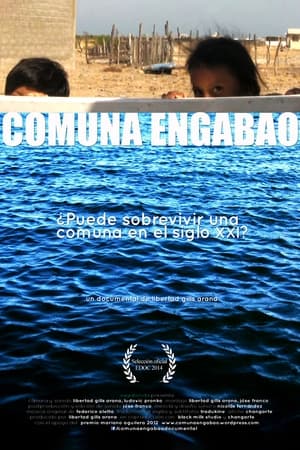 0.0
0.0Comuna Engabao(es)
Can a commune survive in the 21st Century? Engabao, a fishing commune in Ecuador, has historically been a site of land struggle between inhabitants and wealthy businessmen that threaten to convert collective lands into private property. Three founding members of the commune share their life stories, from which we discover that the struggle to survive, both individually and collectively, is one and the same.
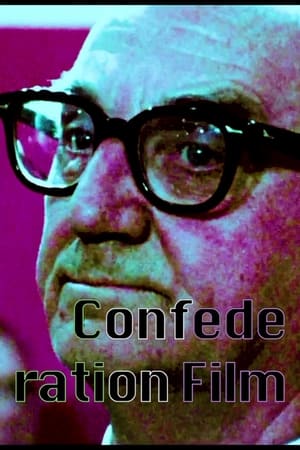 0.0
0.0Confederation Film(en)
Short doc/essay film exploring Newfoundland's relationship to film before and after confederation.
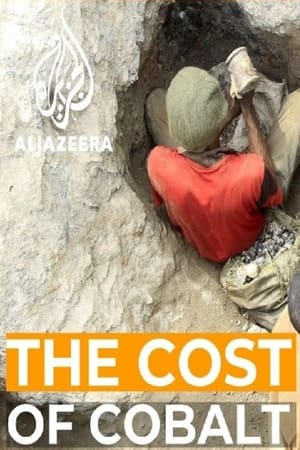 0.0
0.0The Cost of Cobalt(en)
In the cobalt mining areas of Katanga in the Democratic Republic of the Congo (DRC), babies are being born with horrific birth defects. Scientists and doctors are finding increasing evidence of environmental pollution from industrial mining which, they believe, may be the cause of a range of malformations from cleft palate to some so serious the baby is stillborn. More than 60% of the world’s reserves of cobalt are in the DRC and this mineral is essential for the production of electric car batteries, which may be the key to reducing carbon emissions and to slowing climate change. In The Cost of Cobalt we meet the doctors treating the children affected and the scientists who are measuring the pollution. Cobalt may be part of the global solution to climate change, but is it right that Congo’s next generation pay the price with their health? Many are hoping that the more the world understands their plight, the more pressure will be put on the industry here to clean up its act.
